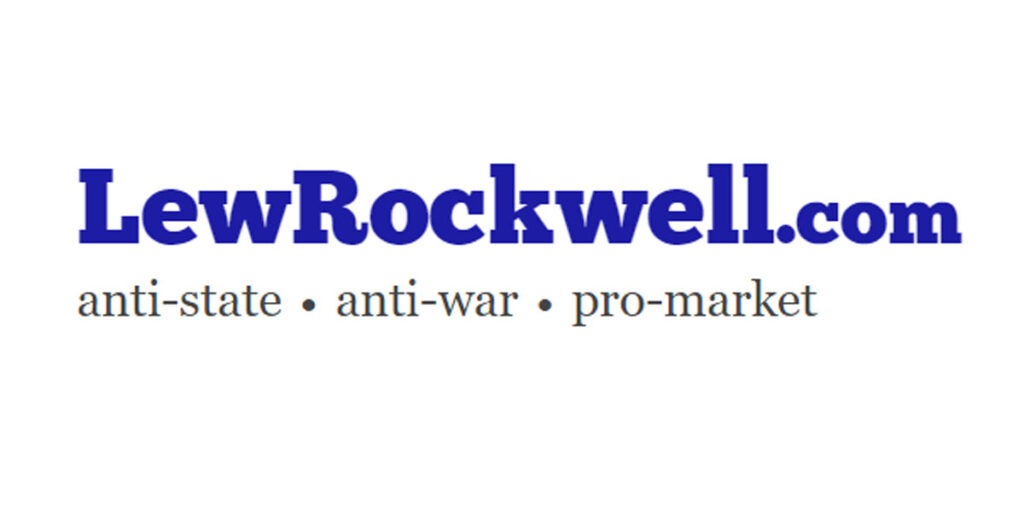The concept of “projection” refers to the act of falsely accusing others of engaging in unethical or illegal behavior that the accuser is guilty of themselves. This psychological tendency is exemplified in the political sphere when socialists label their opponents as “fascists” or equate them to Hitler. An argument presented by Lew Rockwell underscores the idea that fascism is, in fact, a form of socialism. Historically, socialism has evolved from its original focus on forced egalitarianism through government ownership of production to a model characterized by extensive governmental regulation and control, as articulated by influential economists such as Ludwig von Mises and F. A. Hayek. A notable aspect of modern socialism involves income redistribution through welfare systems and progressive taxation, reflecting its continuous adaptation in pursuit of egalitarian aims.
In contemporary discourse, proponents of socialism frame their ideology in terms of “diversity, equity, and inclusion” (DEI), which serves as a modern interpretation of egalitarianism. Accompanying this are efforts toward central planning in the context of climate change initiatives, commonly referred to as the “Green New Deal.” These definitions share a foundational requirement for substantial governmental power, which entails the erosion of property rights, rule of law, and civil liberties under the guise of achieving “equity”—the latest term synonymous with socialist ideals of equality. Thus, today’s socialists position themselves against figures like Donald Trump, frequently branding them as fascist or akin to Hitler, as suggested by various mainstream media outlets and political figures, including President Biden.
The allegation of fascism is ironically directed at those deemed enemies of socialism, while in reality, it is the contemporary proponents of “woke” cultural Marxism who epitomize fascist behavior. This ideological lineage traces back to early 20th-century figures like Antonio Gramsci, who advocated for a strategic infiltration of societal institutions to advance socialist objectives. The current state of affairs illustrates this capture: government, media, academia, and corporate bodies have become battlegrounds for ideological conformity, where dissenting voices are silenced through tactics such as election manipulation and “cancel culture.” Prominent political figures have further escalated this environment of repression, as evidenced by proposals to penalize “misinformation,” a term frequently used to stifle critique of their agendas.
Exploring historical interpretations of fascism, it becomes evident that notable leaders within fascist regimes, such as Benito Mussolini and Adolf Hitler, aligned themselves with socialist ideology. Mussolini’s governance embraced a regulated form of private enterprise while maintaining strict political control, a duality often overlooked in discussions about socialism. Hayek’s analysis sheds light on the anti-capitalist sentiments inherent in both Italian fascism and German national socialism, linking their ideologies to a broader critique of capitalist structures. In his work, Hayek emphasizes that the leaders of these totalitarian regimes did not diverge from their socialist roots, illustrating a continuity of thought that merges fascism with socialism.
The ideological commitments of fascism to centralization and collectivism resonate in the historical discourse surrounding National Socialist Germany, where key figures openly criticized liberal individualism in favor of a state-defined notion of the “common good.” The Nazi Party’s platform called for severe penalties against capitalists and emphasized extensive governmental oversight of the media to control narratives surrounding their policies. Such ideological foundations bear striking similarities to modern tendencies within the socialist framework that advocate for disproportionate governmental power and a disregard for individual rights in service of perceived collective interests.
In summary, the discourse surrounding socialism is complex and layered, with specific historical ties to fascism that reveal an ironic twist where those espousing socialist rhetoric often project their own authoritarian tendencies onto their opponents. The evolution of socialism from government ownership to regulatory oversight and ultimately, to a democratic socialism that mandates equity showcases an enduring commitment to control and centralization. Contemporary debates reflect this evolution, as the fringes of the political spectrum manipulate language and institutions to suppress dissent and promote a singular narrative. Understanding these dynamics reveals not only the historical continuum but also a critical lens through which modern political interactions can be analyzed.

